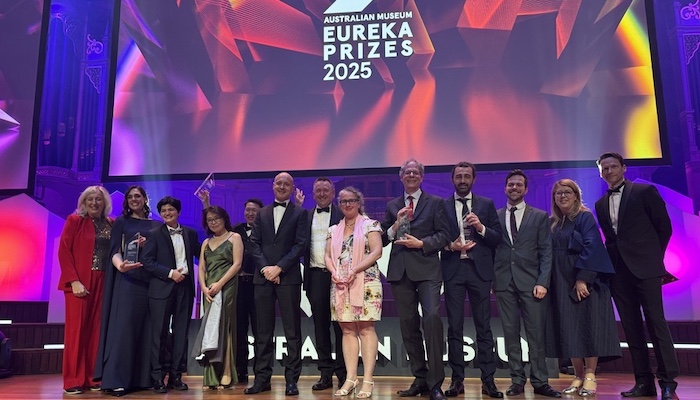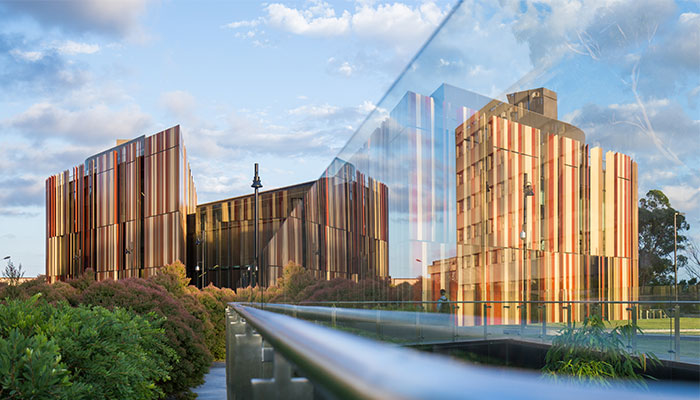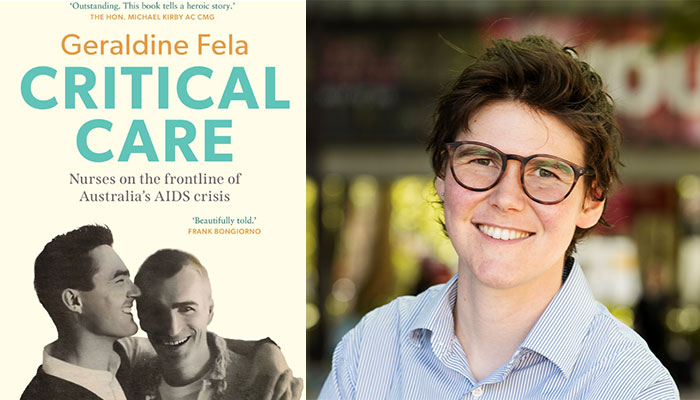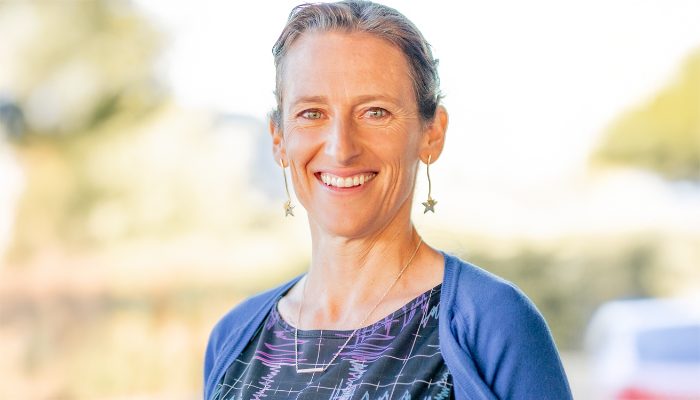Macquarie University has achieved unprecedented success at the 2025 Australian Museum Eureka Prizes for Science Excellence, with researchers claiming five of the 19 national awards – a remarkable achievement highlighting the university's research excellence and impact.
The outstanding results were announced last night at the Eureka Prizes ceremony at Sydney Town Hall where scientists, research and university leaders from around the nation came together to celebrate Australian science, in the 35th year of the prestigious awards.
 Macquarie's Eureka winners and supporters celebrate an incredible night claiming five prestigious national science awards.
Macquarie's Eureka winners and supporters celebrate an incredible night claiming five prestigious national science awards.
The five winning teams and individuals are:
Environmental Research Award – Professor Melanie Bishop (School of Natural Sciences) led the Living Seawalls team, whose work transforms marine construction into thriving undersea habitats using innovative modules supporting far more marine species than traditional seawalls.
Promoting Understanding of Science Award – Dr Vanessa Pirotta (School of Natural Sciences), a marine scientist who champions ocean conservation through clear, accessible science communication across all ages, from Play School to political decision-makers.
Leadership in Science and Innovation Award – Distinguished Professor Ian Paulsen (School of Natural Sciences and ARC Centre of Excellence in Synthetic Biology), who has transformed synthetic biology from a niche science into a national strength, leading the Australian Genome Foundry and spinning out nine start-up companies that have raised over $200 million in venture capital.
Innovative Use of Technology Award – The Fission Chips Team comprising Associate Professor Noushin Nasiri, Professor Shujuan Huang, and Dr Jayden Chen (School of Engineering), who revolutionised nanosensor production using vinegar vapour to create ultra-sensitive sensors at room temperature – improving performance by a factor of 128,000.
Outstanding Science in Safeguarding Australia Award – Dr Jafar Shojaii (School of Engineering), in collaboration with the Defence Science and Technology Group, for developing radiation-hardened semiconductor chips that protect Australia's defence systems, satellites, and critical communications infrastructure.
The Vice-Chancellor Professor S. Bruce Downton said: "We are thrilled and incredibly proud that our researchers have secured five Eureka Prizes this year – an unprecedented achievement that underscores the extraordinary talent, dedication, and innovation within our university community.
"These awards celebrate the groundbreaking research and real-world impact our teams are making, not only in advancing knowledge but in addressing some of the most pressing challenges facing society today. This success is a testament to the creativity, collaboration, and curiosity that define our researchers and the transformative power of science when it is pursued with passion and purpose."
Professor Samuel Muller, Executive Dean of the Faculty of Science and Engineering, said the achievements reflect the university's commitment to addressing global challenges through innovative research.
“These awards are among the most prestigious in Australian science, and this year’s success is a testament to the talent, collaboration, and commitment of our researchers,” he said.
“It’s also a reflection of the vibrant research culture across the Faculty and beyond.”
Distinguished Professor Ian Paulsen who was honoured for his leadership in science, credited his success to collaboration: "I have a fabulous team of young researchers – without their creativity and brilliance, I would not be receiving this award tonight."
Professor Melanie Bishop, representing the Living Seawalls team, said: "Living Seawalls is incredibly honoured to receive the Eureka Prize for Environmental Research. Winning this prize motivates us to continue in our mission to ensure that all marine constructions are designed with both humans and nature in mind."
Dr Jafar Shojaii said the recognition was a great honour: "Radiation-hardened semiconductor chips are essential to safeguarding Australia, and I am deeply grateful to be part of this journey to develop such critical and sovereign technology for our Defence Force."
Dr Vanessa Pirotta described the recognition as "one of the greatest achievements of my career” adding, “I hope this helps inspire our next generation of change makers and wildlife scientists.”
Associate Professor Noushin Nasiri said, on behalf of her team with Professor Shujuan Huang and Dr Jayden Chen, that they were incredibly honoured. “This win belongs to our brilliant students and researchers at Macquarie University and our industry partners, proof that bold ideas and hard work can translate into real impact.”
The Australian Museum Eureka Prizes are among the most prestigious awards in Australian science, recognising excellence across research, innovation, leadership, and science communication. This year's success builds on Macquarie University's strong track record in the awards, with the total prize pool reaching $190,000 across all categories.
The winning research spans critical areas from environmental conservation and sustainable technology to national security and public science engagement, reflecting Macquarie University's broad research strengths and commitment to addressing society's most pressing challenges.
For specific researcher interviews:
- Living Seawalls: Professor Melanie Bishop
- Science Communication: Dr Vanessa Pirotta
- Synthetic Biology Leadership: Distinguished Professor Ian Paulsen
- Fission Chips Technology: Associate Professor Noushin Nasiri
- Radiation-Hardened Chips: Dr Jafar Shojaii



